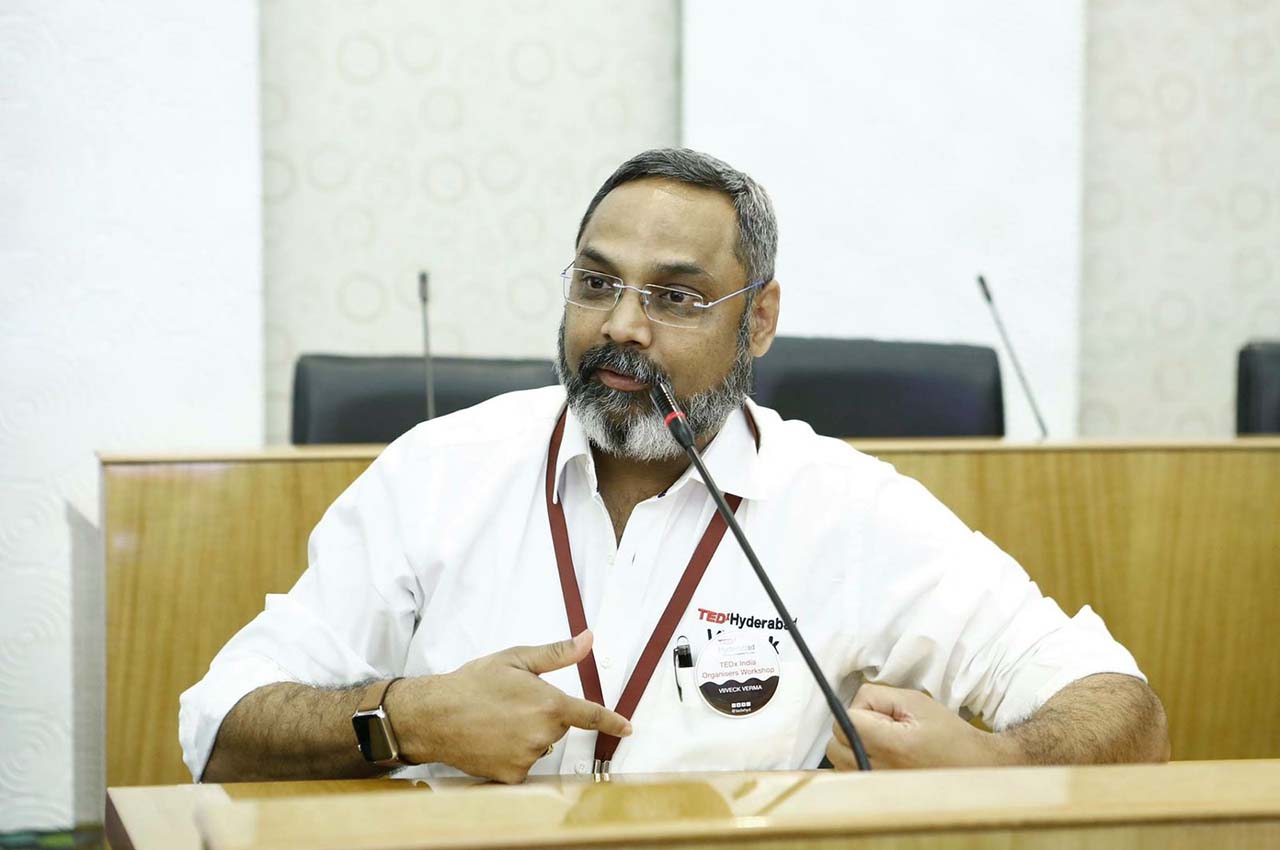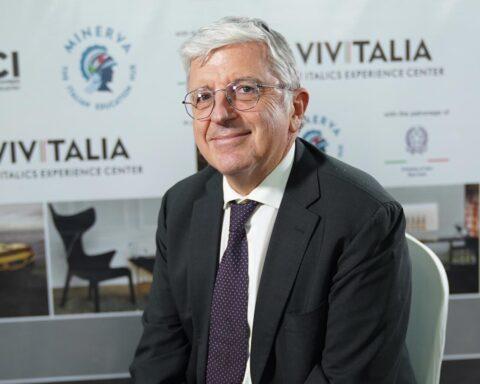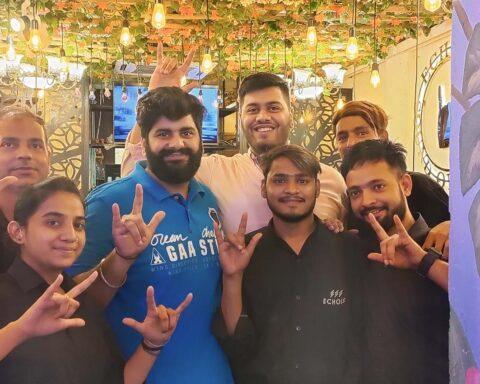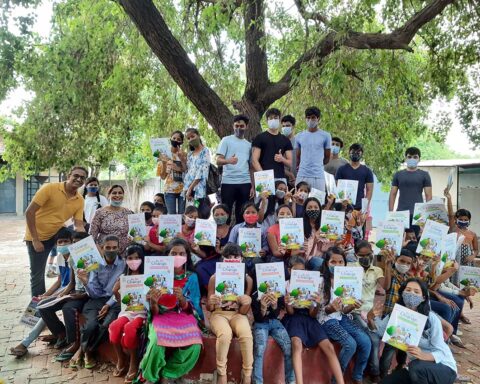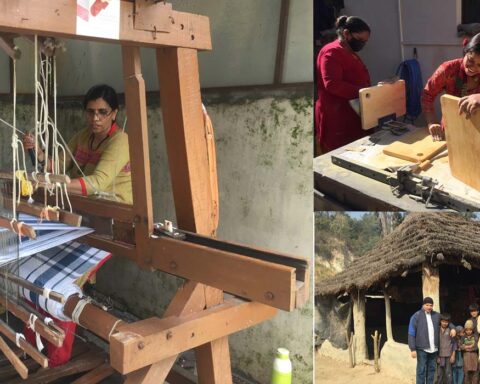Hyderabad-based Rapidue Technologies is a digital solutions provider in the waste-commerce management business. It owns and operates Recykal Foundation, Asia’s first circular economy marketplace, that has been working with India’s Safai Mitras since 2016. Based on observed challenges and gaps in the ecosystem, the company set up the foundation to support this community which has been overlooked all these years. Now, Recykal Foundation is working to transform the lives of one million Safai Mitras in India. Its new initiative, Unnati SETU, is starting with a narrative change to recognise and dignify their contribution. In an interview, Viiveck Verma, Chief Impact Officer, Recykal Foundation, tells Jyoti Verma of Tatsat Chronicle, the importance of this initiative.
Can you elaborate why Unnati SETU is needed?
Recykal Foundation aims to extend multifaceted support to Safai Mitras—waste pickers, processors, collectors, and sanitation workers—by creating an enabling ecosystem. We plan to transform the lives of one million Safai Mitras by 2025. Beginning with redefining the titles of ragpickers, waste pickers, waste collectors and others to Safai Mitras, we have initiated a narrative change to recognise and dignify the contribution of ‘waste workers’ across the country. The initiative aims to drive the social and economic upliftment of these workers.

